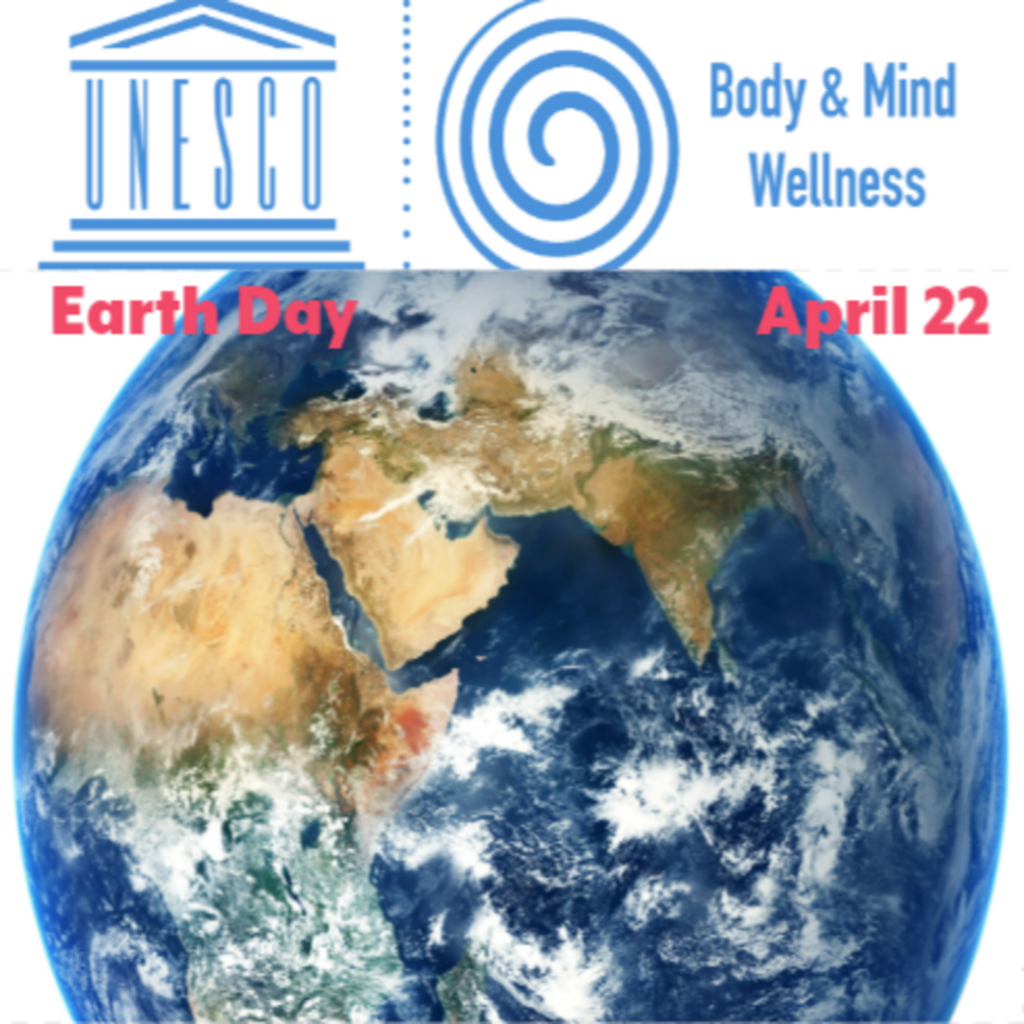
Why Is This Day Celebrated?
Earth Day, celebrated annually on 22 April, is a global movement dedicated to promoting environmental protection and sustainability. The first Earth Day was observed in 1970, initiated by U.S. Senator Gaylord Nelson, who sought to raise awareness about environmental issues such as pollution, deforestation, and climate change. The event gained international recognition in 1990 when it was organized on a global scale, bringing together over 200 million people from 141 countries. Since then, Earth Day has grown into one of the largest environmental movements in the world, inspiring individuals, organizations, and governments to take action in preserving the planet.
Theme for 2025
The theme for Earth Day 2025 is “Planet vs. Plastics.” This year’s theme highlights the growing concern over plastic pollution and its impact on marine life, biodiversity, and human health. The campaign urges individuals, businesses, and policymakers to reduce plastic usage, promote biodegradable alternatives, and implement stricter regulations on plastic waste management. Through education and advocacy, the focus is on achieving a 50% reduction in plastic production by 2040 and promoting a sustainable future for the planet.
UNESCO BMW’s Involvement
UNESCO BMW actively promotes environmental sustainability as a core principle of global well-being. In observance of Earth Day, UNESCO BMW organizes awareness campaigns, workshops, and community-driven initiatives to encourage sustainable living practices. Through collaborations with environmental organizations and policymakers, it works on projects focused on afforestation, ocean conservation, and renewable energy adoption. By leveraging digital platforms, UNESCO BMW spreads educational content about ecological preservation, inspiring individuals to take small but impactful steps toward sustainability.
UNESCO BMW’s Vision
UNESCO BMW envisions a world where environmental consciousness becomes an integral part of everyday life. The organization emphasizes the importance of harmonizing human development with nature, advocating for policies that promote ecological balance. It supports initiatives such as zero-waste communities, green architecture, and carbon neutrality programs, believing that sustainable progress is key to global well-being. By empowering individuals with knowledge and tools for environmental stewardship, UNESCO BMW aims to create a cleaner, healthier, and more resilient planet for future generations.
By: Jeyadev Needhi
Sources: